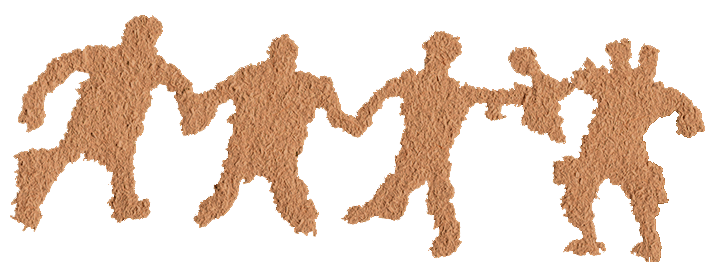| 't-aluwi-conehlal |
s/he cannot stop h/, tries in vain to stop h/, tries and fails to stop h/ |
| 't-aluwi-conehtun |
s/he is unable to stop it |
| ankuwakhucu |
s/he stops for a while (ends stage in trip), makes stops along way |
| 'cikonal |
s/he quiets h/ down, soothes h/, stops h/ (child) from crying (usually, by hugging h/) |
| 'conehlal |
s/he stops h/ |
| conehtahsu |
(policeman, customs officer, etc.) s/he stops traffic or pedestrians |
| conehtasu |
it is stopped, is discontinued |
| 'conehtun |
s/he stops it |
| 'conehtuwan |
s/he stops something belonging to h/ |
| conesson |
it stops moving |
| conessu |
s/he, it stops moving, comes to stop |
| coni (con-) |
(motion or action) stopping, ceasing (for the moment) |
| conihponosu |
s/he stops fighting |
| coninaqot |
(moving vehicle or other object) it looks as if it has stopped |
| coniqqiye |
s/he, it stops bleeding |
| coniqqiyewiw |
it stops bleeding |
| 'connomon |
s/he stops it, impedes it |
| conolamsuke |
the wind stops blowing, it stops being windy |
| conolan |
it stops raining |
| conolatom |
s/he stops breathing (temporarily, or apparently so) |
| conopekiw |
it is slack water, is slack tide; the movement of the tide stops (when it is about to turn); (moving water) it stops |
| conotomhe, conotomehe |
s/he, it stops sliding, slides to a stop |
| conpayu |
s/he is scared to a halt |
| conqeptehsin |
(e.g., hare fleeing) s/he stops suddenly in seated position |
| 'contehkomon |
s/he stops it using body |
